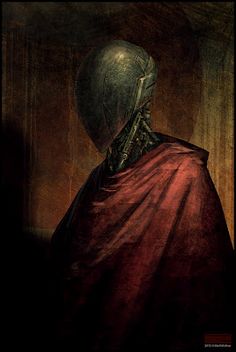So am looking for some suggestions to try. I am printing on an Ender 3 with a MS direct drive setup.
I am using Amolen wood filament and switched the nozzle to a .8
I did test prints for everything I could think: retraction, speed, temperature, etc and picked the ones that looked the smoothest of each.
I did the PID tuning as well on the nozzle.
However, I have never printed with a nozzle this size. I tried with this filament and .4 and got non stop clogging. Some reading online lead me to think that maybe it needed to be larger since it seemed to flow so easily.
Well I got it flowing great but the tops or where the layers change look a litttle rough as you can see. I don’t know if this is something I missed in my settings or if this is due to the size of the nozzle and wanted to get some input.
The sidewalks are perfectly smooth - if that makes any difference.
tbh if you printed in plain PLA you would probably see the same flaws. I don’t think you missed anything in particular. You might be able to clean up the “stalactites” (for lack of a better word) by tweaking retraction but otherwise this is pretty much just what you get when you print with details on the top layers, especially with a big nozzle
Try arachne perimeter generator Try a smaller nozzle - 0.8 is pretty big and the size of this orifice is your primary limiting factor on X/Y detail. You should be able to print wood down to at least 0.4 Try a finer layer height (may need to use a smaller nozzle to make this work)
Honestly the print looks quite clean overall, this is kinda just what you get when you print with details on the top layer. Your best bet might be to change the orientation of the part to put more of the detail along the Z axis
Layer lines printing this direction can be troublesome… try printing vertical? Or diagonal since the layer lines will show up better. Or do the plaque behind it printing as you are flat on Z-axis and print the detailed parts separate as vertical y-axis and then use wood glue to glue them on
Seems like I have ran into those before but never this bad.
I can turn it slightly as suggested but next question:
I have never gone to a larger print nozzle. I assume a loss of detail and some other issues to be expected. Is that why I am seeing this so much worse? It really seems extreme.
It can be but if you’re using a slicer with Arachne can do a great job printing smaller extrusions than your nozzle size.
That’s very interesting. I have always used Cura but will try downloading Prusa and activate that - then reprint this later.
Thanks for the link!
Cura has Arachne as well. You can read more here.
https://all3dp.com/2/cura-arachne-superslicer-prusaslicer-explained/
Can you sand down the layer lines on that flat plane?



